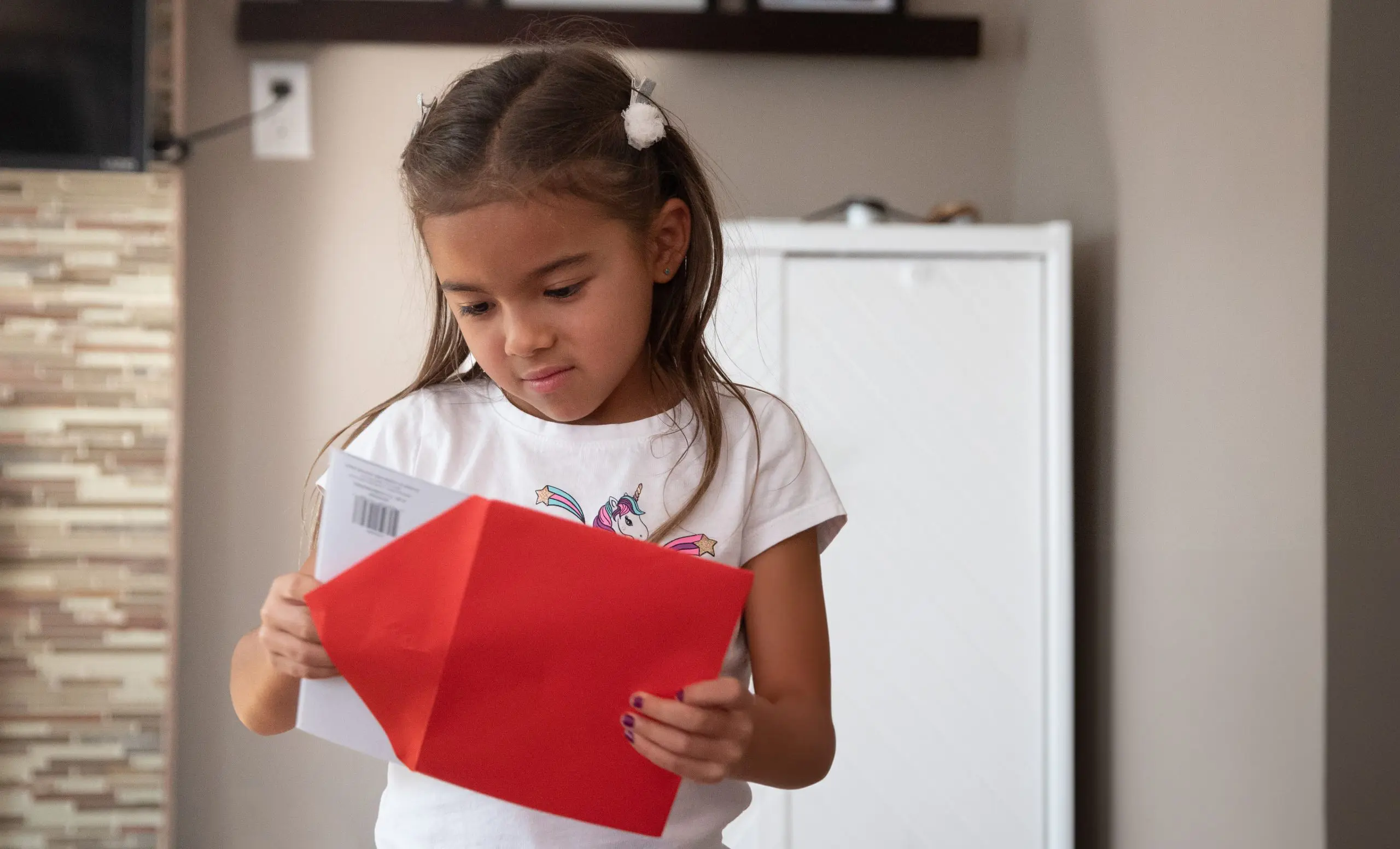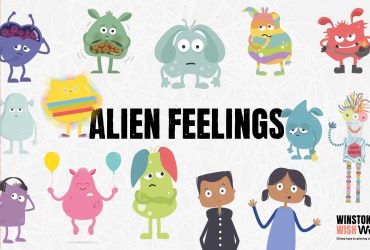How to write a sympathy card to a child or young person

As a family we received over 100 sympathy cards, only 1 was for me.
Henri, Youth Ambassador
It can be difficult to know what to say, but sending a card of support to a child or young person following the death of someone close to them can help them know that they are not forgotten.
It’s natural to feel nervous about what to say to a child or young person who has recently been bereaved, so we’ve created a guide to help you with writing a card. It’s important to say that this is just a guide. Everyone reacts differently to the death of someone, and grief can bring on all sorts of feelings.
When creating these guidelines, while working with the Greetings Card Association, our Youth Team came up with this main message, ‘Offer support, not sympathy.’
Here is a list of some dos and don’ts of what to write or send to a grieving young person.
What you could send to a grieving young person:
- I’m so sorry to hear about your [name of person who died]
- Acknowledge how rubbish it must be (using their style of language, rather than formal language)
- I don’t know how you feel, but why don’t you tell me
- Offer a way to get in contact with you (phone number, email) for support (some young people have told us it can be helpful to have a codeword to use so that they don’t always have to explain when they need to talk)
- Ask them how you can help – you may like to include a token for specific support, e.g., ‘Here’s a token for a coffee and a chat when you’re ready’
- Include a favourite memory – I remember when… (Talk about a happy memory you have of their person or something they have told you about them)
- Include a favourite photo you have of the person who died
- Send them something at other times after their bereavement, “I know today is their birthday/anniversary/special day and I’m thinking of you”
- Follow up if you offered support – check in after a few weeks or months to show you really mean it
What NOT to send to a grieving young person:
- I know exactly how you feel
- You’ll get through it, just be strong
- There’s a reason for everything, life goes on
- Generic phrases, such as, ‘With deepest sympathy’
- Overly formal language
- They’re in a better place
- It must have been their time to go
- Everything will be ok
- Just give it time, it’ll get better, time heals
Why are these good things to send to someone who is grieving?
Acknowledging their grief and naming the person who has died shows care and support. Sometimes people might try to avoid talking about it, maybe because they feel uncomfortable or are worried about upsetting them, but avoiding it can make the bereaved child or young person feel more alone.
Using their own language rather than generic phrases shows them that you have thought about what you’re sending, and sharing memories can help them feel recognised in their grief.
By inviting them to reach out to you and talk about how they feel you are recognising that everyone grieves differently and letting them tell you how they feel rather than making assumptions.
The initial rush of support can be overwhelming for children and young people, so sending a card a few months later, or on a special date or anniversary, can help to show you are there to support them throughout.
How to get grief support
Winston’s Wish provides support to grieving children, young people and their families all over the UK. Our team of bereavement specialists are available to speak with right away. No appointments or waiting lists, just real-life grief support. Call us on 08088 020 021 (open 8am-8pm, weekdays), email ask@winstonswish.org, use our online chat (open 8am-8pm, weekdays) or text or WhatsApp us on 07418 341 800 (open 8am-8pm, weekdays). You must be 13 or older to receive support via WhatsApp.
For urgent support in a crisis, please call 999.

You might also like

Activities
Access our FREE bereavement activities and resources to use with children, teens and young people. From self-care kits to maintaining memories, our activities to help a bereaved child or young person cope with their grief.

Alien Feelings Books
Alien Feelings is our series of 12 story books following Max and Molly who have learned that someone close to them has died. In each book they are visited by a different feeling which impacts them both in different ways.
Connect with us
Sign up to our newsletter and follow us on social media for all our latest news and advice on supporting grieving children and young people.

